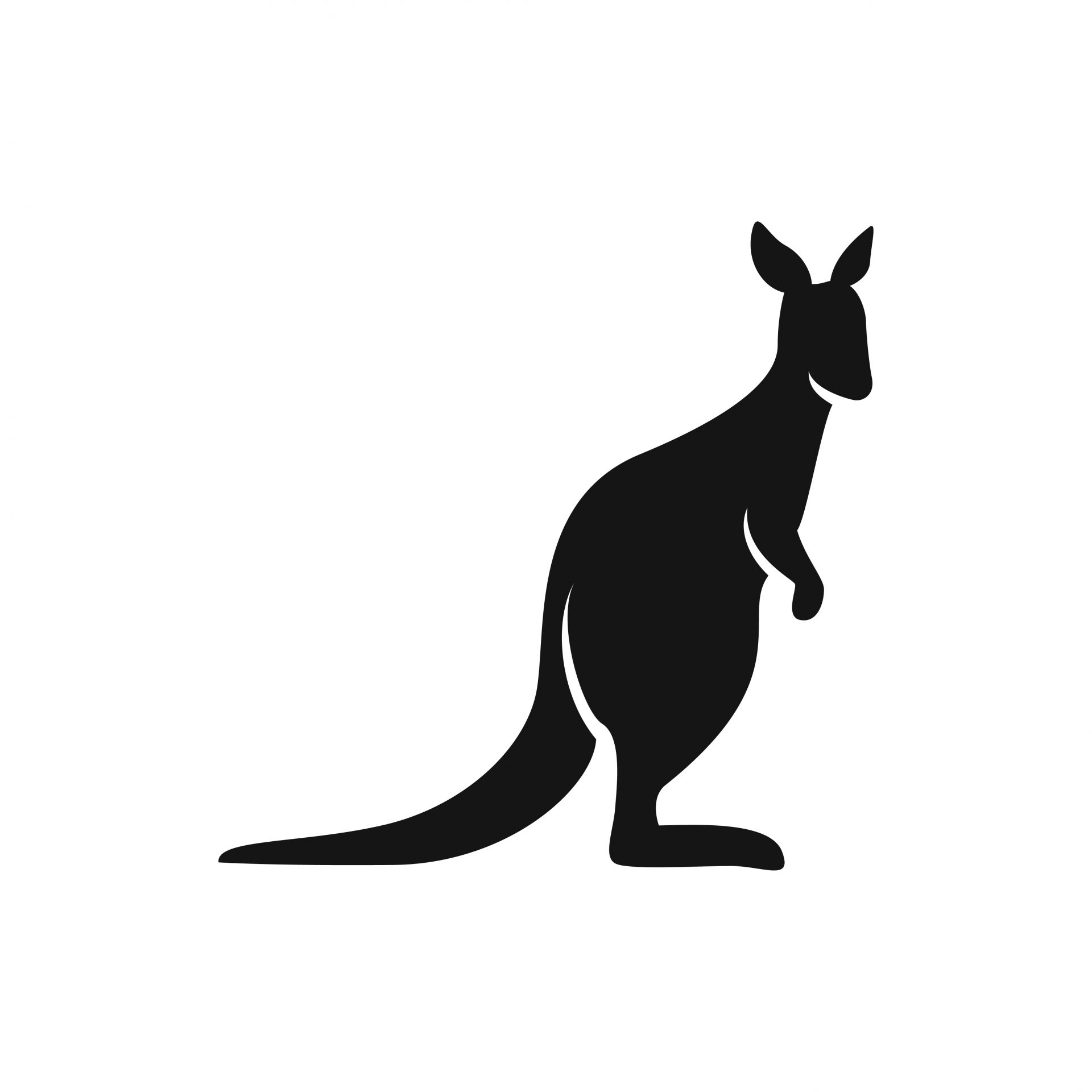
Our extensive services include the removal of dead wildlife.
Our technicians hold permits for snake and possum removal
Our industry leading technicians have the experience and knowledge to effectively remove deceased wildlife. They are qualified and licensed, and hold permits for snake and possum removal.
Possums and rodents can die inside the roof or wall cavities of houses. The first signs of a dead possum or rodent is a cloud of flies within the house, and a bad smell. The dead animal carcass may need to be removed, as dead possums can smell for up to 2 months in a roof. An animal can also die from old age or after obtaining a serious injury from a car accident or domestic dog or cat attacks.
Possums are protected native animals so it is illegal to deliberately poison or kill them.
Our technicians are experts in the collection and disposal of deceased wildlife via official contaminated waste fill services, and they have the experience and knowledge to handle this specialised type of work.
Who to contact if you find injured wildlife in South East QLD?
How do you know an animal is dead?
- Lack of heartbeat, place your hand over the chest area and feel closely for a heartbeat.
- No respiration, check the chest area carefully and monitor for the rise and fall of the lungs.
- The pupils may be widely-dilated.
- The animal may exhibit sudden gasping and difficulty breathing, just before death
- The animal will have no reflexes, touch the eye and monitor for blinking or eye movement.
- The corneal surface of the eyes become glazed and wrinkled.
- Rigor mortis or stiffening of the muscles, may have already begun to set in. The length of time that this takes will depend upon the ambient temperature and the size of the animal. If in doubt, take the animal to your nearest vet for confirmation of death.
The following guidelines can be followed when wildlife is found on or close to the road:
- Do not stop on or near a road to check an animal unless it is safe to do so. Human safety must always come first.
- Ensure that the animal is moved off the road to shoulder. This will prevent an accident occurring if a vehicle hits the carcass (particularly for large animals) and will help prevent unnecessary death of other wildlife that may feed on the carcass.
- Check that the animal is deceased by checking the steps listed.
- Determine the sex of the animal (for mammals) and if female, carefully check the pouch for any joeys. If no joeys are found, check the surrounding area for young that may have been thrown from the pouch on impact.
- Dead koalas should be collected and taken to a wildlife hospital or alternatively reported to the EHP, a Wildcare Koala Coordinator or other wildlife care group in the area. Dead koalas are processed by EHP for the purposes of collecting data.

